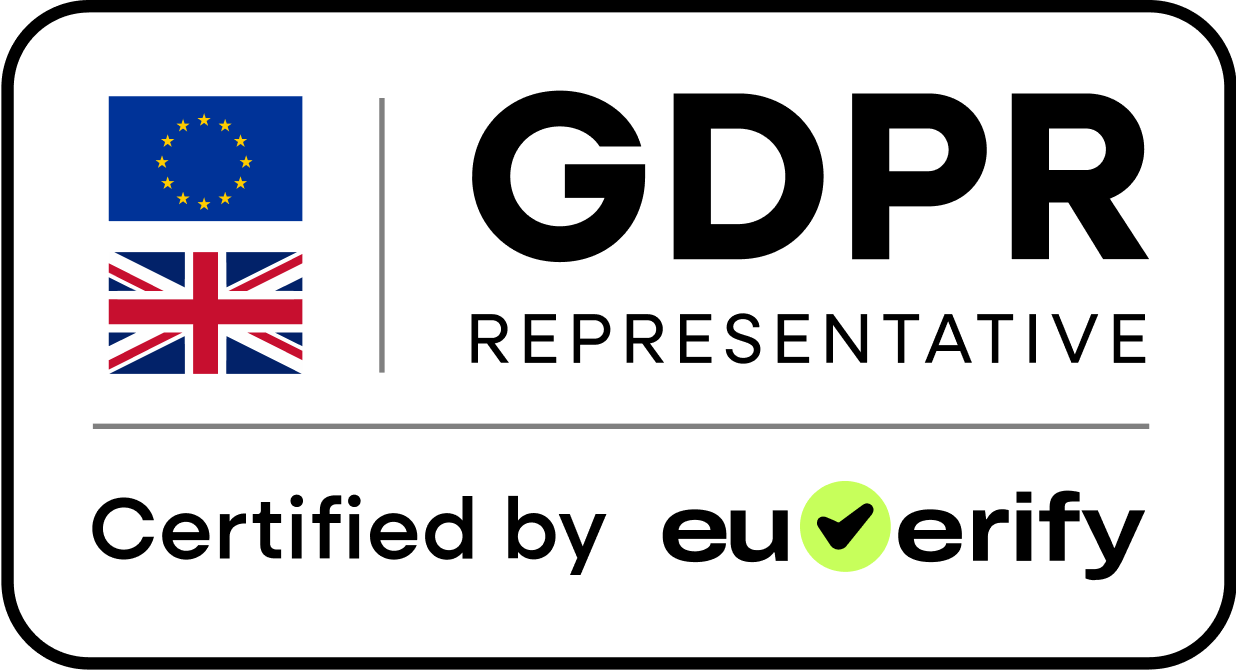VAT, or Value Added Tax, is a 5% consumption tax levied on most goods and services in the UAE. It's an indirect tax collected by businesses at each stage of the supply chain and ultimately borne by the end consumer.
UAE Tax Calculators
Calculate VAT and Real Estate Tax in UAE
Add This Calculator to Your Website
Want to help your visitors calculate VAT? Add this calculator to your website with your own branding. Perfect for businesses, accountants, and financial websites.
How to Calculate VAT in UAE
The UAE implements a 5% VAT rate on most goods and services. To calculate VAT:
- Multiply the net amount by 0.05 to get the VAT amount
- Add the VAT amount to the net amount to get the total
- Or multiply the net amount by 1.05 to get the total directly
Understanding UAE VAT
The UAE introduced Value Added Tax (VAT) at a standard rate of 5% on January 1, 2018. This tax applies to most goods and services, with some specific exemptions and zero-rated supplies.
Key Points About UAE VAT
- Standard rate: 5% across all UAE emirates
- Applies to most goods and services
- Mandatory for businesses with annual turnover above AED 375,000
- Voluntary registration available for businesses with turnover above AED 187,500
- Some supplies are zero-rated or exempt from VAT
Using Our VAT Calculator
Our online VAT calculator helps you quickly determine the VAT amount for any transaction in the UAE. Whether you're calculating VAT inclusive or exclusive prices, simply enter the amount and let our calculator do the work for you.
VAT Calculation Formula
For calculating VAT in UAE, use these formulas:
- VAT Amount = Net Amount × 0.05
- Total Amount = Net Amount + VAT Amount
- Net Amount = Total Amount ÷ 1.05
Need Help?
For more information about VAT in UAE, visit the Federal Tax Authority website or contact a tax consultant.
Everything Your Business Needs, None of the Complexity
Join 100+ UAE businesses using Heffl to efficiently manage their business.
Frequently Asked Questions
Businesses must register for VAT if their taxable supplies and imports exceed AED 375,000 annually. Voluntary registration is available for those with taxable supplies or expenses above AED 187,500.
Registration is done online via the FTA's EmaraTax portal. You need to create an account, fill out the VAT registration form, and submit required documents. A Tax Registration Number (TRN) is issued upon approval.
Exempt supplies include certain financial services, residential property rentals (except the first sale within three years), bare land, and local passenger transport. Unlike zero-rated supplies, businesses cannot reclaim input VAT on exempt supplies.
Zero-rated supplies are taxed at 0% and allow businesses to reclaim input VAT, while exempt supplies have no VAT applied and input VAT cannot be recovered.
VAT returns are typically filed quarterly, due within 28 days of the tax period's end. Larger businesses with higher turnovers may be required to file monthly, as determined by the FTA.
Penalties include AED 1,000 for late registration, AED 500 for late filing (first offense), and 2% of unpaid tax immediately plus 4% monthly for late payments, capped at 300% of the tax due.
Yes, under the Tax Refunds for Tourists Scheme, non-residents can claim VAT refunds on purchases if they export the goods within 90 days, with refunds processed at departure points like airports.
Commercial property sales and leases are subject to 5% VAT. Residential properties are exempt, except for the first sale or lease within three years of construction, which is zero-rated.
For imports or services from non-residents, the UAE buyer accounts for VAT (both input and output) in their return, neutralizing cash flow impact. This applies to goods imports or services like legal advice from abroad.
Ready to Transform
Your Business?
Start with Heffl Today

All in one app for your business, manage Field Service, CRM, and Projects seamlessly in one place.
 Book a Free Demo
Book a Free Demo Company
Apps
Resources
© Copyright 2025, All Rights Reserved by Heffl

Heffl







